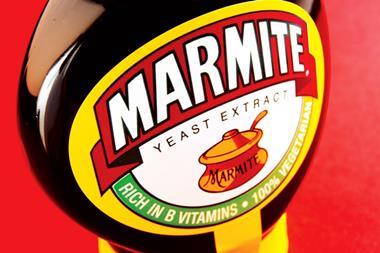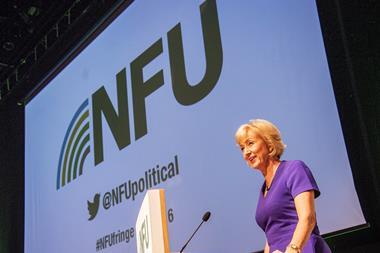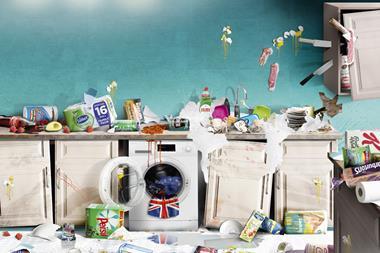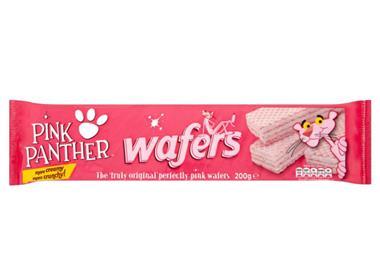
The uncertainty of future trade arrangements with the EU is weighing more heavily on the US food and drink sector than any other, a report has found this week.
Almost 45% of US food and drink companies with a UK base are considering moving elsewhere in the EU as a result of Brexit,a survey of 533 companies by Gowling WLG found.
And more than 60% were more likely to bypass the UK altogether to do business with the rest of the EU in the aftermath of the referendum.
The report, , which looks at the impact of the vote to leave on transatlantic trade, showed how the uncertainties surrounding Brexit, in particular the timing of the triggering of Article 50 and the two-year delay in exiting the union, are threatening UK-US trading links.
“Nowhere are concerns over the potential impact of Brexit on transatlantic business relations being more keenly felt than among US food and drink businesses,” said David Lowe, head of the food and beverage sector at Gowling WLG.
“When it comes to the decisions companies are making about trade and investment with the UK right now, it’s having by far the greatest negative impact in this sector.”
He added that given the uncertainties surrounding the type of Brexit the UK will pursue that it was “understandable” that US businesses were increasingly wary.
Additionally, US food and drink businesses are split in how they view trade and investment in the UK, with the number viewing the uncertainty over the future regulatory environment as having a negative effect (43.2%) slightly outweighing those who think it is positive (38.3%).
Wide-ranging regulatory change would give US businesses a further “unnecessary headache”, Lowe added.
A fifth of respondents cited the favourable exchange rate of the dollar against the pound as a factor to encourage investment in the UK.
The Swiss model of a series of bespoke bi-lateral agreements is the preferred option for the UK to adopt for US food and drink companies (28.4%), followed by the Norwegian model (27.2%), which would retain access to the single market with budget contributions to the EU.
The report added that Donald Trump might prove a source of unlikely hope for the UK, with more than 85% of US companies in the sector favouring a direct trade arrangement with the UK, mirroring the president-elect’s preference for direct deals between countries.
The wider ‘Brexit deal or no deal: The implications of Brexit on transatlantic trade’ found more than one third (39.4%) of US businesses with a base in the UK said they are considering moving it to elsewhere in the EU – and over half (53.7%) that export to the EU claiming they are more likely to bypass the UK to do business with the rest of the EU.
Gowling WLG asked 533 companies based in the US which export to Europe for the report, with 68 in aerospace, 71 in automotive, 74 in financial services, 81 in food and beverage, 76 in health products, 75 in life sciences and 88 in tech.



















No comments yet